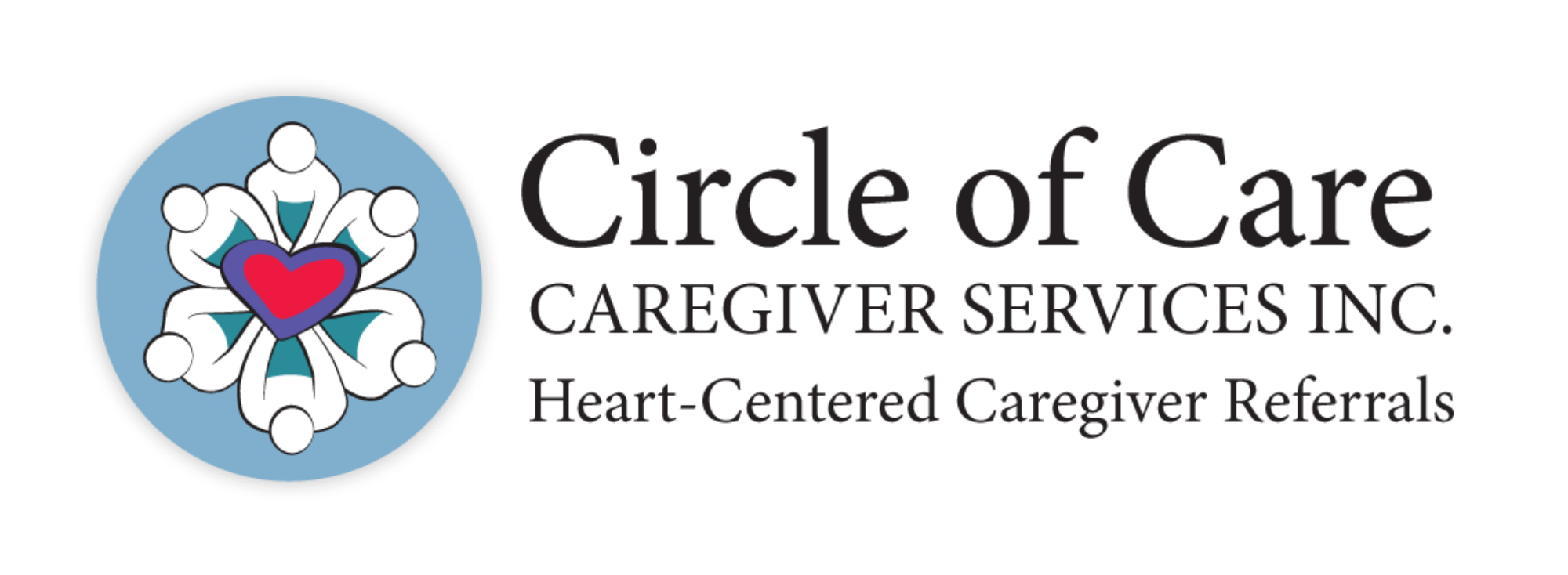Elders and Financial Vulnerability
When I was a teenager, an unscrupulous contractor bilked my grandmother for a great deal of money. He convinced her that her house was dangerously in need of repairs, and proceeded to charge her many thousands of dollars to replace valuable, old windows and fixtures with junk. My older brother, a construction inspector, went after him, to no avail. After seeing this and other scams at work, it became a passion of mine to help elders avoid getting taken advantage of.
The top 10 categories of elder scams, according to the National Institute of Aging, are:
- Medicare/Health Insurance Scams
- Counterfeit Prescription Drugs
- Funeral/Cemetary Scams
- Fraudulent Anti-Aging Products
- Telemarketing/Phone Scams
- Internet Fraud
- Investment Schemes
- Homeowner/Reverse Mortgage Scams
- Sweepstakes/Lottery Scams
- The Grandparent Scam
You can read more about each scam in the NCOA article here. The ones that I find particularly odious are the ones like the grandparent scam, that prey on an elder's generosity and compassion.
The big question remains, how are scams best prevented? Sadly, elders are often positioned just right to be taken advantage of:
- They are often isolated, perhaps widowed, and have no one to easily consult about financial choices. (This also puts them at greater risk of health problems, but that's a story for another day.)
- Changes in the brain cause people to become more trusting as they get older, often to a dangerous degree.
You can often communicate with elders about scams, but the way that you approach them is key. Like all of us, elders treasure their autonomy and independence, and if they feel it starting to slip away, they often try to hang onto it that much harder. Perceived attempts by relatives or friends to take away financial control may be met with anger and resistance, even if the relative or friend has the best of intentions. Elders are more likely to respond positively to offers to share information before making a decision. Emphasize that someone scamming them will not want them to speak to anyone else about it, and that you will not judge them. And the more frequently you communicate with them, the more likely you are to hear about a problem before serious damage is done.
Of course, if an elderly person is really demented, these efforts may be futile. In such cases, it may become necessary to step in and take control of a person's finances. But, there is a huge gray area in which a person is still by and large capable of self-care, but is vulnerable to predators. If someone in your family is in this zone, don't let them feel isolated! Make sure they know that if anyone asks them for anything, you and/or others are available for non-judgmental assistance.
Next time: Elders, isolation, and health! (May involve pictures of cats.)
Shannon Brown
